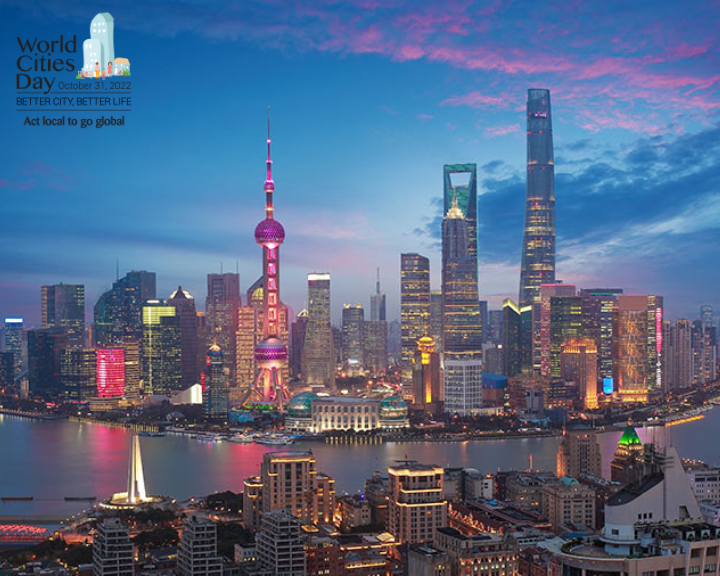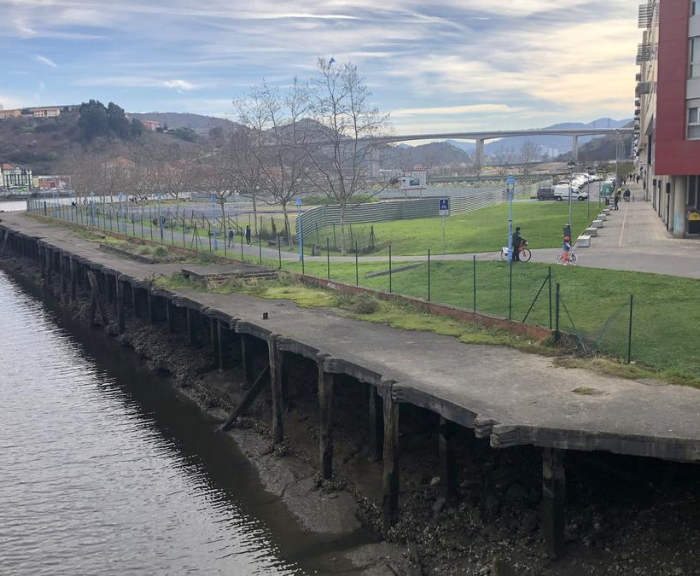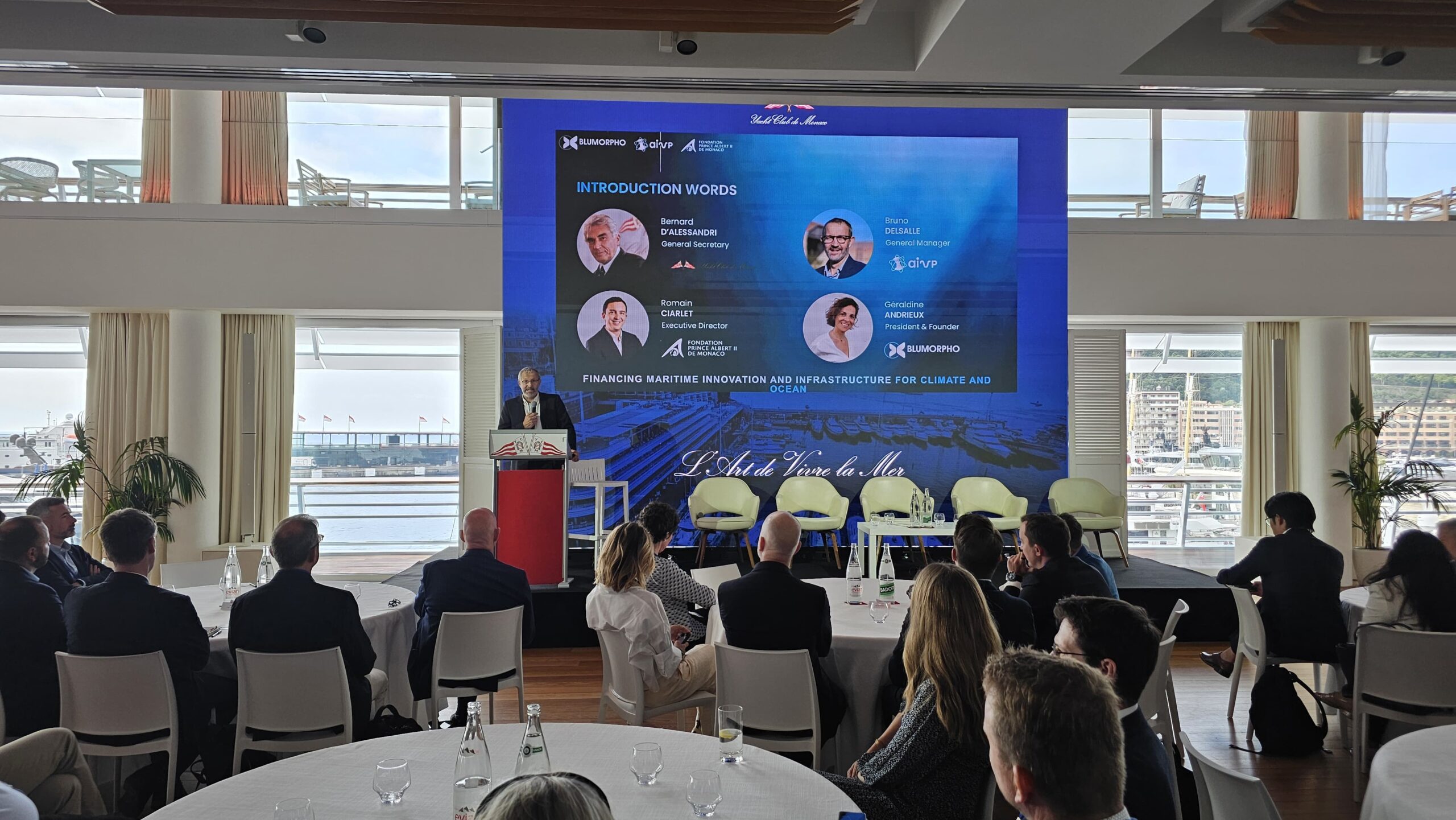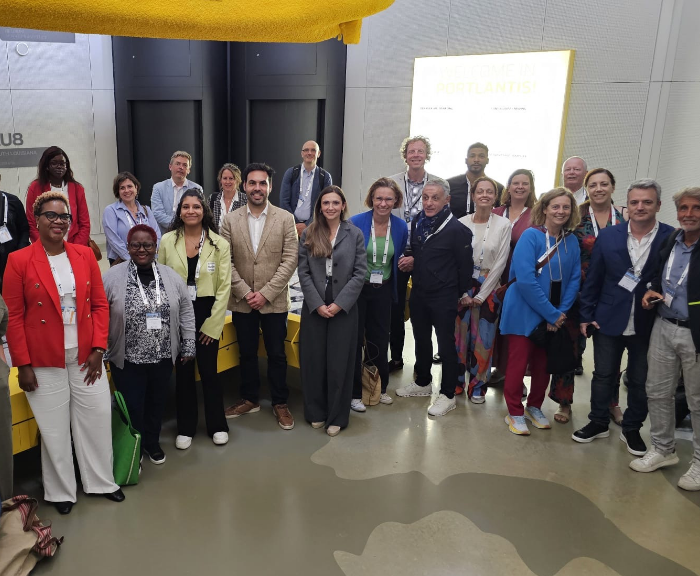The United Nations (UN) celebrates on October 31st the World Cities Day (WCD) to raise awareness on the important role cities play in the quest for sustainable development. In a world in which more than 50 % of the global population live in urban areas, it is clear that cities are part of the challenges, but also of the solutions. Port cities and regions play an even bigger role, if we consider that today approximately 40% of the world’s population lives within 100 kilometers from the coast (UN, 2017).
This year’s theme for the WCD “Act Local to Go Global”, is very much aligned with the mission of the AIVP Agenda 2030, a tool to help local stakeholders in port cities to take action and contribute to both sustainable port cities and sustainable development as a global aim. In more detail, the WCD focuses on the actions dedicated to the UN’s Sustainable Development Goal (SDG) 11: “to make cities inclusive, safe, resilient and sustainable”. SDG 11 is transversal to several goals of the AIVP Agenda 2030. This is more visible if we look at the 10 targets for SDG11, we can see the connection with our Agenda much clearer. More concretely, SDG 11 relates to AIVP’s goals 1, 2, 3, 4, 6, 8, 9 and 10.


These targets lay out a concrete action framework for all stakeholders. This framework is even clearer for port cities thanks to the AIVP Agenda 2030. However, as pointed by experts such as Peter Hall, the path remains complex. Hall identified 4 main challenges: Scale, Stakeholder, Forum and Land, all these in a context of constant change and international tension. Navigating these troubled waters without losing the focus remains the main obstacle, for which combining effective, inclusive governance and coherent port city vision is key, as also pointed by Sabah Zrari. It is necessary to overcome potential tensions and bridge between the local actions on port-city territory with the global ambitions set by organizations such as the UN. We shall see in short what national governments and international organizations, but also local communities disclose, debate, and hopefully decide, in the forthcoming COP 27 in Egypt. Interesting concepts, such as the green corridors, have emerged in past meetings of this kind. Climate change waits for no one, nor respects wars or pandemics, and cities will be at the forefront of this challenges, regardless the political color of the governing party. The local-global connection cannot be more explicit than in this issue, even more in port cities.






